Review by Shahzad Hussain Hamdani
A Mother and daughter relationship is always complex because the daughter looks to her mother as a role model of what a woman is. As she grows up and sees other women who live their lives differently, she chooses to imitate her mother rather any other significant influences in her life.
The Arabs have a saying, that a mother is like the top of a jar, and when you turn the jar upside-down, what comes out is the daughter. In other words, if you want to know what somebody’s mother was like when she was little, look at her daughter. Mother and daughter are the same. Sometimes we dream to do a lot of things in life; but then as your family grows, you sideline your own dreams and try to build the dreams on your loved ones; your children.
I have always been a book worm; spent almost half of my time in reading Books. One such novel which I found touching is “Winters Flowers” written by Jumana AlDalou-Brown. When I say touching, I mean the context in which the novel has been written and I would love to share the first chapter of it, keeping the rest of the chapters for all those book readers who would surely find the novel to read the rest. So the author of this novel begins with the story of her own mother. Born in Palestine in 1941, during World War II, the author describes her mother as the most beautiful woman she has ever met. She says that her mother had only one picture with her parents, taken in Palestine when she was 5 or 6.
Her name was Zeina. She didn’t had many memories of her life in Palestine, but what she does remember she used to tell just like a fairy tale. Her family was one of the wealthiest families in Jaffa, the ancient port city. They owned a large farm outside the city. The farm had been passed down from father to son for hundreds of years, perhaps longer. They were 6 children: she, her sisters Abeer, Isra’a, and Marwah, and her two brothers – Ali and Muhammed. Ali was the oldest, so it was in his destiny to inherit the farm and the family wealth one day. Zeina was the youngest of all the children. She recalls all want she remember of her childhood.
In 1947, she had turned 6. The same year, the United Nations partitioned Palestine as the new homeland for the Jews. The entire Western world welcomed the idea of a homeland for the Jews, because a bunch of Christians somehow had the idea that the recreation of Israel was necessary for the return of Jesus. But the problem was that millions of Palestinians had lived there for thousands of years. At first nobody knew what to make of this- how could the world turn its head as an entire nation was forced out of its homeland? The Holocaust had surely left the Jewish people battered and in need of their own home, but was the solution really to force thousands of Palestinians into exile? Nobody thought that it would really happen.
But it wasn’t long before the Zionists came in with the heavy artillery and began massacring entire villages- men, women, children, everyone. People nowadays view it as a heroic effort of the Jews to reclaim what was given to them in the Bible. I call it terrorism. And besides, there is a reason why God took the Promised Land away from them.
When rumors began that they would soon be forced out of their ancestral homeland, Zeina’s father and her elder brother Ali decided to join the resistance in an effort to keep their home. She recalls those frightful nights when she and her sister-Abeer would sit up with their ears pressed against the bedroom door. Listening to men called by her father and brother for a meet at home, talking about the Resistance, and the latest attacks by Israeli soldiers. She could forget the face of her own mother, worried because her son and her husband were gone, and she didn’t knew if they would come back. Sometimes they would come the next morning, sometimes they out for days.
By 1948 there was a full-scale war. Zeina remembers well when the radio broadcast carrying news of the DeirYassin massacre which reached her home.
“At least 200 Palestinian civilians dead… men, women, children… raped, bodies mutilated…”
This news added something to her family. Her another brother Muhammed joined Ali and her father in the Resistance, which was now more determined than ever to preserve their land. The fear in th eyes started to generate, turning into sleepless night, finally death warrants were issued on all three of them and the family was forced to make a clandestine night journey into Jordan. Each of them filled a suitcase and joined a group of twenty or so fellow refugees, hoping to make it across the border with their lives. At first they caravanned in a group of cars, but when they spotted an Israeli checkpoint down the road and saw the machine guns silhouetted against the moon, they were forced to abandon their cars. They took what they could carry, and hid in the shadows until the Israeli soldiers changed shifts, allowing them just enough time to sneak past the checkpoint
Her mother looks at her, expecting she must be afraid she holds her as say:
“It’s a game, habiibi,” we are playing hide-and-seek. If the soldiers see us, they will tag us and we will lose.”
Narrating her story to her daughter, zeina says, “I was so tired. I was only eight years old at the time. I had a few outfits and some food in my backpack. I was with my mother and Abeer, behind a bush. We slept by turns. I tried to sleep, but it was so cold and I was so scared.”
At daybreak they finally crossed into Jordan. There they joined the hundreds of thousands of Palestinian refugees living in tents outside the capital of Amman.
It was a small village, mostly Bedouins and their sheep and camels. There was certainly not enough housing, let alone doctors or schools, for the wave of refugees that kept pouring in from Palestine. So most of them lived in tents on the outskirts of the city. There were tents stretched across, hundreds, maybe thousands, each one occupied by a family that had just been forcibly removed from their ancestral home.
There was not enough food or clean water, and disease was rampant. Many people died during the cold, wet Jordanian winter. So many mothers lost their children. Many people committed suicide or simply went insane.
After a year and a half of living in a tent city, they were able to move into a tiny apartment hoping to revive and start a new Life.
END OF FIRST CHAPTER.

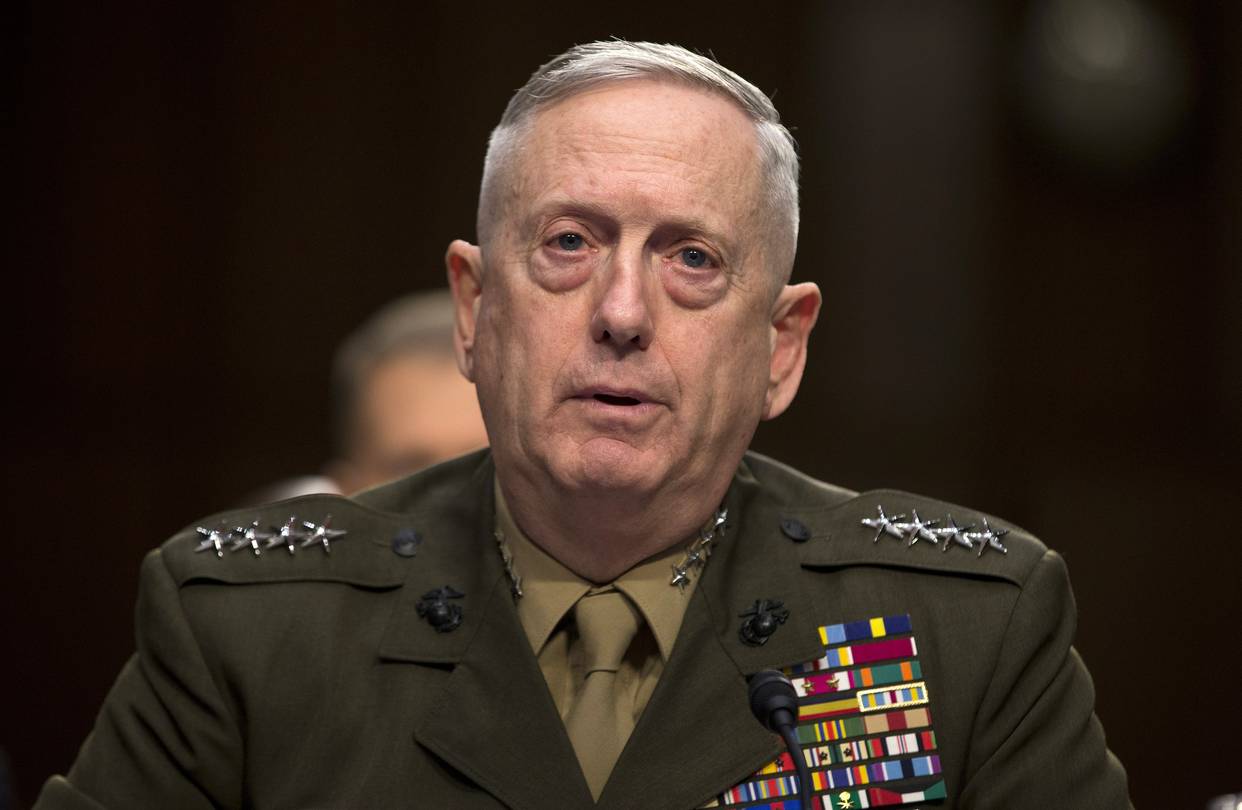




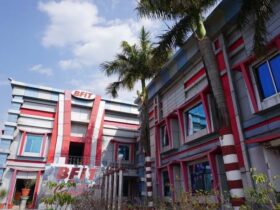




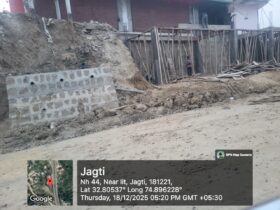
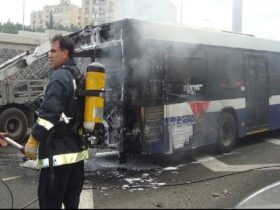
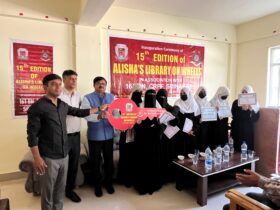
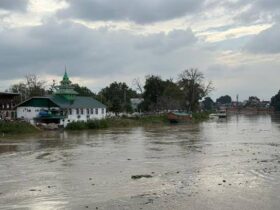
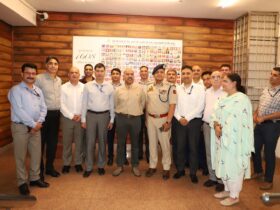
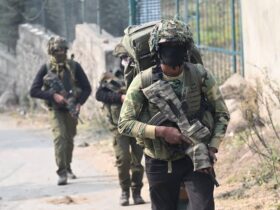
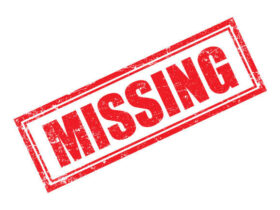
Leave a Reply